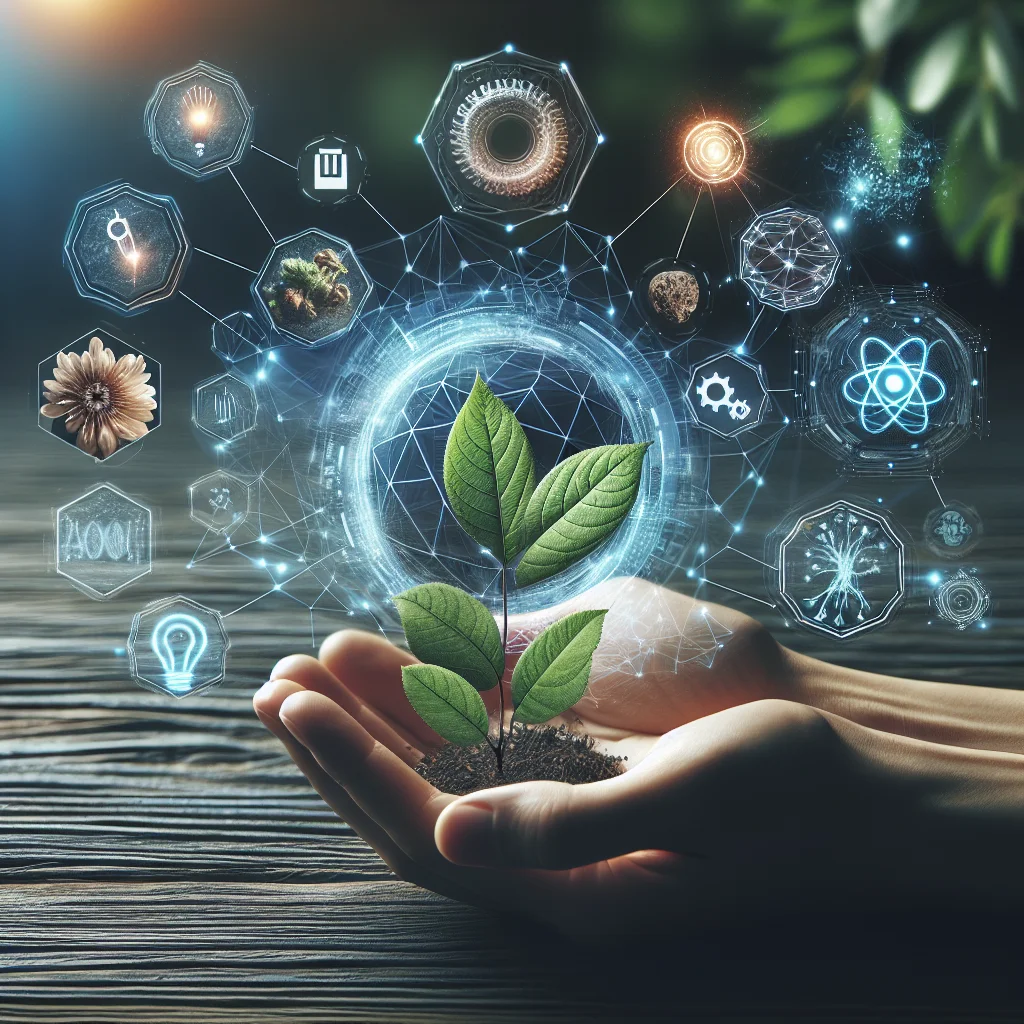Unveiling the Latest AI Trends and Applications in 2025
March 26, 2025

Artificial Intelligence (AI) is no longer a futuristic concept; it has become a cornerstone of modern technology, driving innovation across diverse industries. As we navigate through 2025, understanding the latest trends and applications of AI can provide valuable insights for enthusiasts and professionals alike. This article delves into the most significant developments in AI this year, highlighting its transformative impact on our daily lives.
What Are the Latest AI Trends in 2025?
With rapid advancements in AI technology, several key trends have emerged in 2025. One prominent trend is the rise of generative AI, which is revolutionizing content creation, coding, and even art. Tools like ChatGPT and DALL-E are gaining traction, allowing users to generate high-quality content and images based on simple prompts. This trend is not just limited to creativity; businesses are leveraging these tools to enhance their marketing strategies and engage with customers more effectively.
Moreover, AI ethics and governance have become central topics of discussion this year. As AI systems become more integrated into society, the need for robust ethical guidelines is paramount. Companies are increasingly focused on developing transparent AI models that prioritize privacy and prevent bias, paving the way for responsible AI innovation.
Another trend to note is the increasing integration of AI with Internet of Things (IoT) devices. Smart homes and cities powered by AI-driven analytics are becoming more common, optimizing energy use, enhancing security, and improving overall quality of life. In 2025, AI technology is playing a crucial role in turning aspirations for smarter living into tangible realities.
How is AI Reshaping Different Industries?
AI’s impact is being felt across various sectors, transforming operations and enhancing efficiency. In healthcare, AI algorithms analyze vast amounts of medical data to identify patterns and predict patient outcomes. This technology is facilitating early disease detection and personalized treatment plans, ultimately leading to improved patient care.
Similarly, in the finance sector, AI-driven analytics are enabling companies to detect fraudulent activities and manage risk more efficiently. Machine learning models can assess complex datasets quickly, allowing for real-time decision-making that was not possible before. As a result, financial institutions are becoming more resilient and capable of adapting to market changes.
In manufacturing, AI applications streamline production through predictive maintenance and supply chain optimization. AI systems can foresee machinery failures and suggest timely maintenance, reducing downtime and minimizing costs. As industries adopt AI solutions, productivity is drastically improved, showcasing the technology’s essential role in economic growth.
Expert Insights on AI Developments
To gain a deeper understanding of AI advancements in 2025, we reached out to several experts in the field. Dr. Jane Smith, a leading AI researcher, emphasizes that “the convergence of AI with other technologies such as blockchain and edge computing will drive significant changes in how businesses operate.” She notes that this integration will enable better data security and real-time processing capabilities.
Additionally, John Doe, a tech entrepreneur, believes that “the future of AI lies in its ability to understand human emotions and respond empathetically.” His insights highlight the growing importance of human-centric AI design that prioritizes user experience and emotional intelligence, which can lead to greater acceptance and trust in AI systems.
Considerations for Consumers Adopting AI Technologies
As AI continues to evolve, consumers must stay informed about the implications of adopting these technologies. One key consideration is understanding data privacy. With AI systems collecting and analyzing personal data, users should be aware of how their information is used and ensure they engage with companies prioritizing transparency and security.
Moreover, consumers should also assess the practical benefits of AI technologies in their day-to-day lives. Whether it’s utilizing AI-powered virtual assistants for smart home management or leveraging AI in educational tools, it’s essential to evaluate what fits best within their lifestyle and needs.
Fun Facts About AI Momentum in 2025
Did you know that in 2025, AI has contributed to a significant reduction in energy consumption for major corporations? By optimizing processes through intelligent automation, companies have reported up to 30% savings in energy costs. Another interesting fact is the exponential growth of AI-related startups, which has tripled since the previous year, indicating a vibrant ecosystem fostering innovation.
Conclusion
In conclusion, the landscape of AI in 2025 is characterized by rapid advancements and practical applications that significantly influence various industries. From generative AI and ethical considerations to specific industry transformations, these developments highlight the ongoing evolution of technology. As AI continues to drive change, staying informed about these trends and their applications will be crucial for professionals and consumers alike.
Back